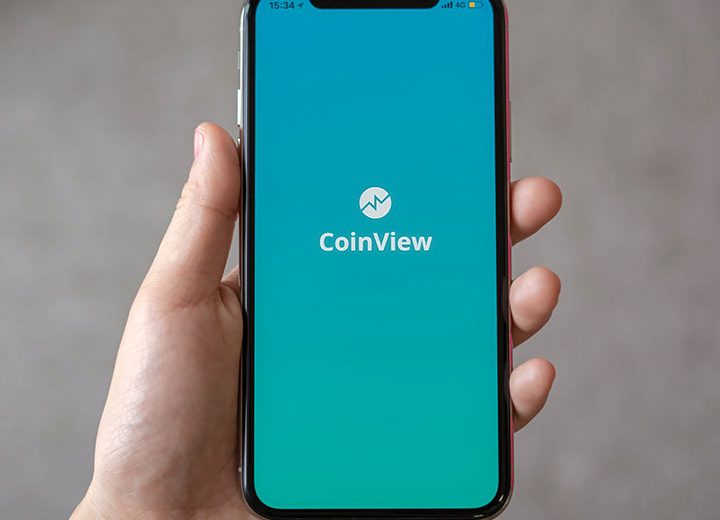Power Apps
- Home
- Power Apps
Microsoft Power Apps
Microsoft Power Apps – a vital component of the Power Platform – is a no-code/ low-code rapid application development environment that combines services, connectors and data platform to enable us quickly build custom business apps. The easy to use drag & drop user interface of Power Apps development environment enables citizen developers to build applications needed to digitalize and automate their business processes. Professional developers can use its extensible platform to programmatically interact with data and metadata, apply business logic, create custom connectors, and integrate with external data.
Most organizations have some core enterprise systems, including ERP, CRM, BI etc. There are however numerous functions that individuals perform, which are not enterprise wide, but frequent enough, and they remain manual. The data capture of these processes remains in silos, and the information is either not shared, or very hard to share with other people, and of course with other systems. The absence of automation and digitalization of these processes impacts organization’s mission of digital transformation. Power Apps have been designed to change this. Business users can use Power Apps to quickly develop custom apps for to automate their processes, and integrate them with the systems in rest of the organization. One can build rich business logic and workflows with Power Apps, which can connect to both online & on-prem data sources of all types – Excel, SharePoint, Office 365, SQL Server, Dynamics 365, Dataflex Pro, and numerous other data sources by using the in-built connectors. Power Apps have inbuilt access to Dataflex, and can use it for data storage, without any additional cost.
The Apps built with Power Apps have by default a responsive design to work with various device types, and run on all platforms – iOS, Android, browsers. A user can create an App, and publish it to enable other members of the organization use it.
Dynamics 365 applications, including Sales, Customer Service, and Marketing are also ‘Model-driven’ Power Apps. They all use the underlying Dataflex Pro, which makes it possible to build custom apps using Power Apps that work directly with the business data generated by these apps.
Power Apps Features
Power Apps enables us build 3 types of applications:
- Model-driven apps: When your data is already a part of the underlying Dataflex, you identify your core data and processes, model forms, views and other components, and let the Power Apps platform generate the UI. All model-driven apps have similar looking UI. The apps so generated are responsive.
- Canvas apps: You build canvas apps when creating a highly tailored user experience is your primary focus. It’s like painting on a blank canvas. We have almost 300 built-in data source connectors available, which make bringing the app to life very easy and quick.
- Portals: We use Power Apps to build external facing websites when the intent is to enable users from outside our organization to sign in and interact with the app – creating and viewing data from Dataflex (CDS).
To design and build apps, the Power Apps platform comes with:
- Power Apps Studio: the app designer used for building canvas apps, and
- App designer for building model-driven apps
Professional-grade apps
Plug the gaps in your enterprise process automation and digitalization with Microsoft Power Apps.
No long cycles for enterprise architecture, designing and prototyping. Ready to view quickly, and easy to improve with time. Quick deployment and rollouts. Easy integration with diverse systems.
Give every business function in the organization the power to have an app as a point solution for their specific processes. No mega apps cutting across functions, and complicating design, development and user acceptance. Stay Agile – focusing on working software, rather than elaborate documentation. Even advanced functionality like pre-built AI components available to integrate quickly.
Extensibility available for professional developers with tools to seamlessly extend app capabilities with Azure Functions and custom connectors to proprietary or on-premise systems.

TCOG INTCOG for your Business Central solution
Microsoft Inner Circle
Dynamics Inner Circle Member – Listed in the top 1% of valuable partners by Microsoft.
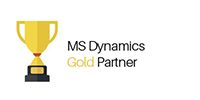
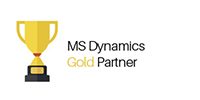
Years of Trust
Helping customers succeed – for over the past 2 decades.
Awards
Recognized and felicitated by Microsoft over the years with top awards in the Microsoft Dynamics segment.
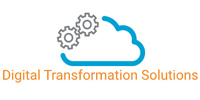
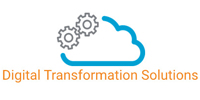
Implementations
Over 700 projects executed for customers from over 30 countries.
Trusted By Market Leaders
Trusted by market leaders from diverse industry segments.

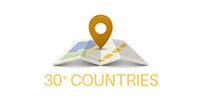
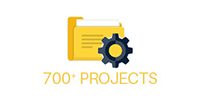
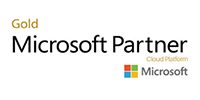
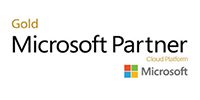
Quick Links
Power Platform
Power Apps
Power Automate
Power Virtual Agents
UI Flow
AI Builder
Case Studies
FAQs
The Power App portals were launched in October 2019, and since then this is the only type of portal available. The Dynamics 365 portals are also now referred to as Power Apps portals.
There are 2 licensing models possible for Power Apps. There is a ‘Power Apps per App plan’ which enables users full capabilities of Power Apps to run up to 2 apps (and one portal) for a specific business scenario. The current price for this plan is – US$10 (conversion rates applied in each country) per user, per app, per month. The other license model is ‘Power Apps per user plan’. Users with this plan can run unlimited Apps. This plan currently has a cost of US$ 40 per user, per month.
Organizations typically start with a Power Apps per App plan to start experiencing Power Apps. Users would use apps for a single business scenario, and be able to use up to 2 Power Apps, plus one Power Portal. These licenses are stackable. That means, a single user may be more than one ‘per App’ licenses, to access additional applications.
No. If you have an embedded canvas app within a model driven app, it will be counted only as a single app.
Guests wanting to use an app must have same license types as a non-guest. These could be the per app, or per user plans, access rights included in Microsoft 365, or Dynamics 365. The one flexibility however is – this license may be assigned through either the tenant hosting the app being shared, or the home tenant of the guest user.
Microsoft 365 Admins can buy Power App and Power Automate plans, Besides, any customer can sign up for a free trial.
It is very much permissible to mix and match the power app license types.









